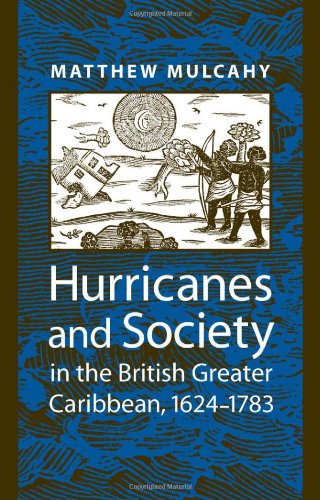

Most ebook files are in PDF format, so you can easily read them using various software such as Foxit Reader or directly on the Google Chrome browser.
Some ebook files are released by publishers in other formats such as .awz, .mobi, .epub, .fb2, etc. You may need to install specific software to read these formats on mobile/PC, such as Calibre.
Please read the tutorial at this link: https://ebookbell.com/faq
We offer FREE conversion to the popular formats you request; however, this may take some time. Therefore, right after payment, please email us, and we will try to provide the service as quickly as possible.
For some exceptional file formats or broken links (if any), please refrain from opening any disputes. Instead, email us first, and we will try to assist within a maximum of 6 hours.
EbookBell Team

4.4
32 reviewsHurricanes created unique challenges for the colonists in the British Greater Caribbean during the seventeenth and eighteenth centuries. These storms were entirely new to European settlers and quickly became the most feared part of their physical environment, destroying staple crops and provisions, leveling plantations and towns, disrupting shipping and trade, and resulting in major economic losses for planters and widespread privation for slaves.
In this study, Matthew Mulcahy examines how colonists made sense of hurricanes, how they recovered from them, and the role of the storms in shaping the development of the region's colonial settlements. Hurricanes and Society in the British Greater Caribbean, 1624–1783 provides a useful new perspective on several topics including colonial science, the plantation economy, slavery, and public and private charity. By integrating the West Indies into the larger story of British Atlantic colonization, Mulcahy's work contributes to early American history, Atlantic history, environmental history, and the growing field of disaster studies.